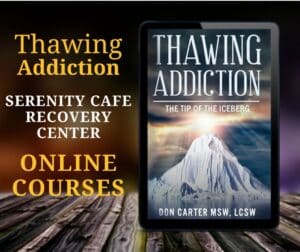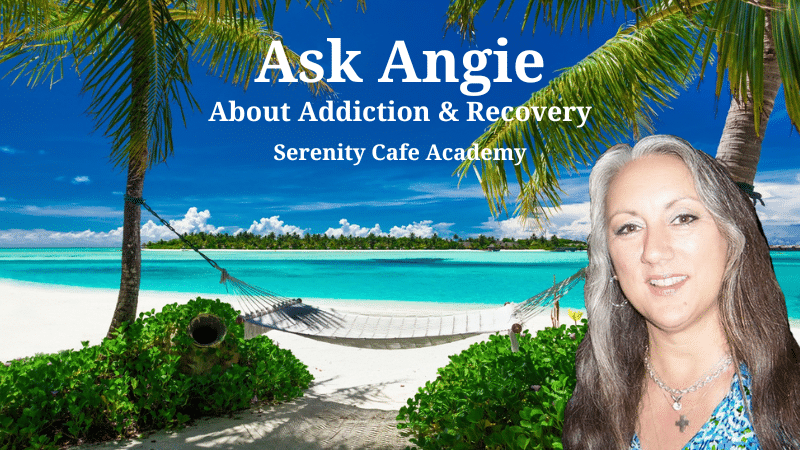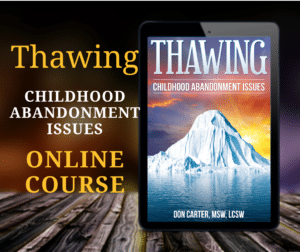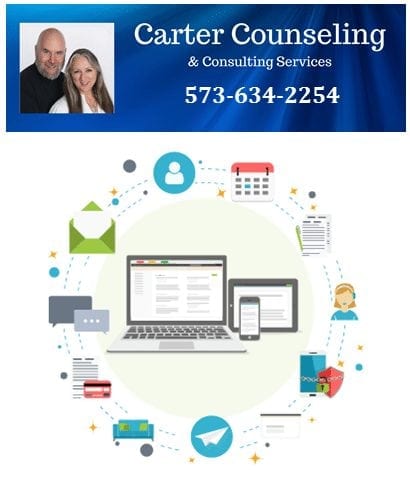
High Risk Situations Must Be Avoided!
High-Risk Situations are to be avoided at all costs! When I first got sober I was told things like “you need to change people, places, and things.” I wasn’t exactly sure what that meant but as time went on I found out. Getting sober was about a lifestyle change as well as not drinking. I needed to make changes in my peer group, places I frequented, and things that triggered feelings of wanting to drink. I learned the hard way that not making these necessary adjustments in my life led to a relapse.
High-Risk Situations can Trigger Relapse
Questions? Contact Angie at Carter Counseling
Six years prior to going to treatment I attempted to quit drinking on my own. I did not change anything in my life except for the fact that I didn’t drink. I continued to hang around the same people, frequent the same drinking establishments, listen to the same music, and keep the same attitude about life… and I stayed sober for five weeks.
I convinced myself that my problem was not so much my drinking, but rather my anger. So I spent the next six years working on not getting mad while getting intoxicated. That plan eventually led me to my first treatment center.
It was there that I was taught about the physical aspects and progression of the illness, as well as learning about high-risk situations. I developed an understanding of what my triggers and high-risk situations were that caused me to want to use. For instance, when I listened to a certain kind of music or concerts, I would associate it with drinking or using, so that was a trigger for me. I had to change what I listened to for a while until that didn’t happen anymore. I listen to all kinds of music now and it doesn’t bother me.
It was very important for me to change what I did in my free time. Some people are able to go out, dance, socialize, play pool, or even do karaoke and not drink. I am not one of those people. I had to stop going to bars and other high-risk situations. That was a very difficult process. Staying home was not something that I was really used to, especially on the weekends. I am grateful there were so many recovery meetings that I could attend, as that helped tremendously. I met new friends there and slowly began to socialize and do sober activities with people who didn’t drink.
Individuals who are trying to get sober need to be acutely aware of certain feelings that can produce triggers or high-risk situations. Sometimes we want to magnify the feeling, as in the case of excitement or joy and sometimes the desire is to minimize the feeling, such as loneliness or grief. I struggled with multiple grief issues and for years I sought to escape from those types of feelings. Alcohol can be an effective numbing agent. Getting sober required me to go back through those feeling processes and heal. Not a lot of fun, but very necessary for me to remain clean and sober.

In the beginning, I had to do things differently while attending family functions, celebrations, and friendly social gatherings. If I felt I couldn’t remain sober I just didn’t go. I had to understand that my priority was to remain sober and that I needed to protect that at all costs. Most of my family and friends were very supportive. I was eight weeks sober when I decided to go home for the holidays, a major high-risk situation. That was hard! Needless to say, I went to several meetings in my hometown that week. I am grateful that wherever I go I can usually find a recovery meeting.
Relationships can create high-risk situations for someone who is newly clean and sober. They can be complex and produce a variety of strong emotions. Alcoholics and addicts typically don’t have the greatest coping skills when it comes to dealing with emotional issues – that’s because we are used to medicating our feelings, instead of working through them. They have a saying in recovery, “don’t get into a relationship during the first year of your recovery.” For people already in relationships there are usually significant periods of adjustment and growth, from both parties.
Experimenting or manipulating other substances can be a high-risk situation and dangerous game. For example, if I am an alcoholic and I begin to take pain medication it can become problematic. I might relapse or become dependent on that particular substance. Great care must be taken by the newly recovering person when other substances need to be used, such as pain meds, sleep aids, anxiety medications, and muscle relaxers. Being open and honest with your physician about your situation is usually the best policy.
One thing I can share about relapse is that it does not have to mean hopelessness. I have witnessed many chronic relapsers come up out of the ashes of deep-rooted addiction and get clean and sober. It is important to note that family members do not have to tolerate unacceptable behavior until a person reaches the point of wanting to get sober. Strong, firm boundaries need to be in place while the person goes through the process of their addiction.
I am grateful that my life is structured in such a way that I rarely find myself in a high-risk situation these days, but if I do, I have the tools and techniques that I have practiced over the years that help me get through it so that I can continue my journey of recovery.
About the Author
Angie Carter, CRADC, SAP is a certified alcohol and drug counselor in the State of Missouri and DOT certified Substance Abuse Professional. She is in private practice with her husband at Carter Counseling & Consulting Services in Central Missouri. Angie primarily sees clients in the office but is also available for telephone coaching and/or consultation. Click here to contact Angie with your questions or feedback






